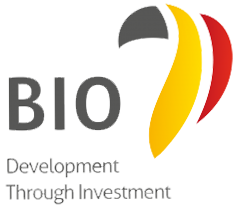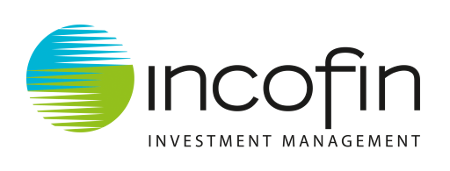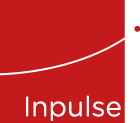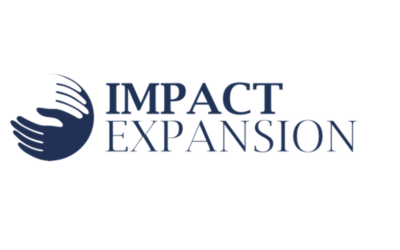






COVID-19 will be remembered as one of the few health crises in human history that had (such) an extremely widespread impact on the vast majority of the world population. While focusing on national recovery and mobilizing heavy budgetary efforts, it is also important not to lose sight of the global dimension.
The International Monetary Fund and the Word Bank have come to the conclusion that COVID-19 is exacerbating global poverty. They have estimated that the crisis is pushing between 40 to 60 million people into extreme poverty in 2020. Especially the lives of the people at the bottom of the pyramid are disrupted.
Lockdown measures are leading to a loss of income in the informal sector, which is the primary source of income in developing countries. The resulting lack of cash causes high distress and threatens food security. Affected people often need to expose themselves to health risks to obtain money to cover the basic needs of their household. The disruption of value chains causes food price inflation, further aggravating food security in many developing countries.
ALTERFIN, BIO, BRS, INCOFIN, INPULSE, KAMPANI, and KOIS are Belgian impact-driven investors committed to the economic empowerment of socially deprived populations in developing countries.
In the midst of a crisis like this one, our role is more important than ever.
We provide financing to impact projects in Africa, Asia, Latin America, the Middle East, and Eastern Europe, creating financial and social inclusion by doing so. We develop agricultural value chains, set-up infrastructure, build health care facilities, support micro, small and medium-sized enterprises, and the social economy as a whole. We all abide by high environmental, social and governance standards.
We are convinced that the way to address this crisis effectively requires cohesion and cooperation on different levels.
Our immediate responses:
- We swiftly reorganized our operations and kept providing financial and non-financial support to our clients and partners through investments in impact sectors, advisory projects, etc.
- We supported local intermediaries and networks by advising and sharing good practices resulting from previous crises and by making ad hoc advisory services available.
- We communicated intensively and in full transparency to our stakeholders.
- We pledged on actions and values together with our European and international peers as a demonstration of the whole impact investment industry’s engagement towards the most vulnerable.
As we face this unprecedented situation, our biggest concern is to always behave as responsible investors and tailor solutions to the needs of the local populations.
We applaud the actions that governments and multilateral institutions are taking. However, in crises like this one, especially in emerging countries, a bigger budget is needed to benefit the microfinance sector, micro, small and medium-sized enterprises, infrastructure, impact investments and the impact sector as a whole. For this we address our call to the European Union, national governments, foundations and private investors.
This support can be in the form of
- Additional liquidity and an equity injection for those institutions facing challenges,
- De-risking mechanisms to provide comfort to risk-minded investors,
- Subsidies to cover the technical assistance costs, namely those related to internal reorganization to avoid the spread of the pandemic, to develop continuity plans, and to hasten digitalization projects,
- Growth capital for the healthcare sector to strengthen first line response, and
- Patient financing of value chains which promote a more sustainable agriculture, supporting smallholder farmers around the world.
We are confident that we can step up our actions to continue creating positive impact in the lives of many vulnerable people. We call upon all dedicated actors, public or private, to connect with us, to mobilize resources and to join us in our response.
Find the official joint-release here:




